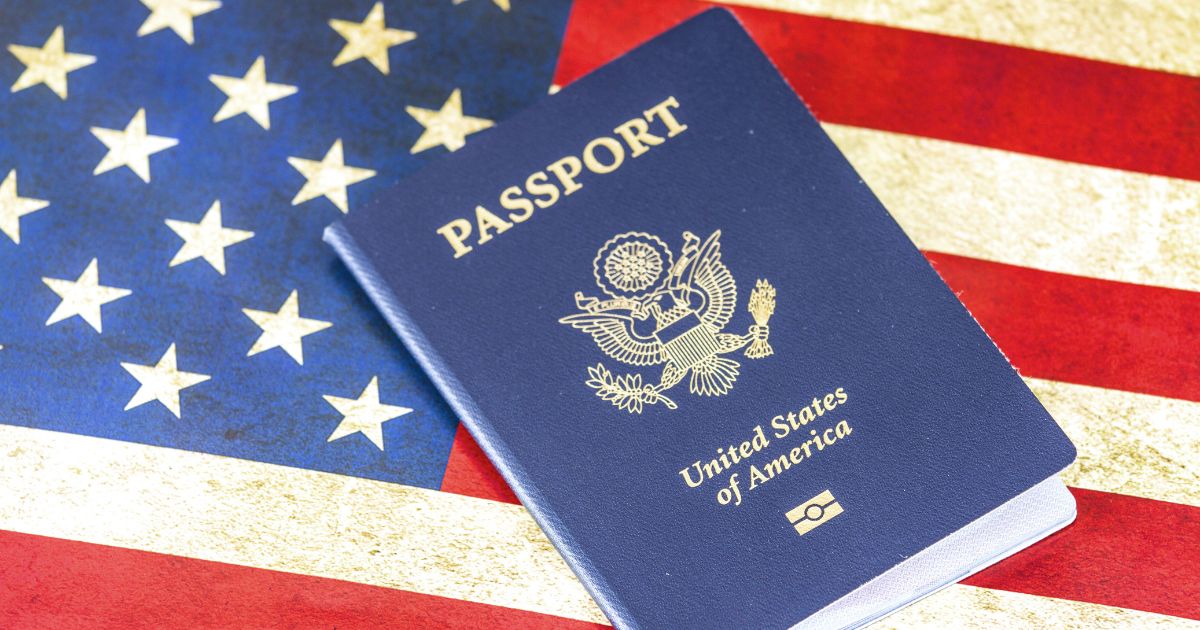One of the most controversial steps taken by Donald Trump is removing migrants from American soil. His desire to end birthright citizenship even endangered the future of several US citizens. While on one hand, the Trump administration is forcefully deporting people, some Americans on social media, who are already tired of Trump’s radical policies, often express their desire to renounce their US citizenship and migrate to a different country.
The way the current administration has turned the social and economic scenario upside down within a few months, it wouldn’t come as a surprise if people start to relinquish their nationality. Since 2013, nearly 3,000 to 6,000 US citizens living abroad have renounced their citizenship annually, as per a report by Grunge. And with America’s current political environment, the numbers could soon rise. In 2013, singer Tina Turner gave up her US citizenship and moved to Switzerland. When high-profile cases as such make headlines, questions are raised about the broader implications for U.S. identity.
How is US Citizenship Revoked?
Revocation of US citizenship happens in two ways—voluntary and involuntary.
Voluntary revocation is when a person willingly gives up his US citizenship by expressing their intent and meeting specific criteria. The formal process includes undergoing a formal “oath of renunciation” which can be executed at US embassies or the Department of Homeland Security. Various requirements and fees apply based on location.
View this post on Instagram
The process is quite simple and similar across US embassies, with minor variations. For example, if you are applying through the US embassy in the Netherlands, a person needs to be 18 years old, must not be developmentally or intellectually disabled, must be able to read or speak English, and shall have proof of citizenship, etc. Upon signing the oath of renunciation, the embassy gives you a Certificate of Loss of Nationality (CLN), and it’s done!
On the contrary, things aren’t that simple in case of involuntary revocation. The individual has limited knowledge about the same. For example, if a person is in prison and his citizenship is revoked, an authorized person would inform them about the revocation. However, a person abroad will not be informed about revocation unless they login to the US embassy or fly back to a US airport.
What Happens After You Lose US Citizenship?
Revocation of US Citizenship can be a messy change in life as there are several legal and financial consequences. Even if an individual gives up his citizenship, they must continue to meet financial obligations such as taxes. They also remain subject to prosecution for any crimes committed while they were a citizen of America.
View this post on Instagram
For people who have lost citizenship involuntary, things get much worse. They face severe travel restrictions and could be banned from re-entering the US. Some may even lose their identity altogether unless they are foreign nationals as they would have no national rights and protections anywhere. It would thus cause problems with passport and IDs and eventually while getting jobs, health insurance, buying or renting a house/office etc.
In short, revocation of US citizenship isn’t a permanent goodbye as the individual remains linked to the US through financial and legal responsibilities.













